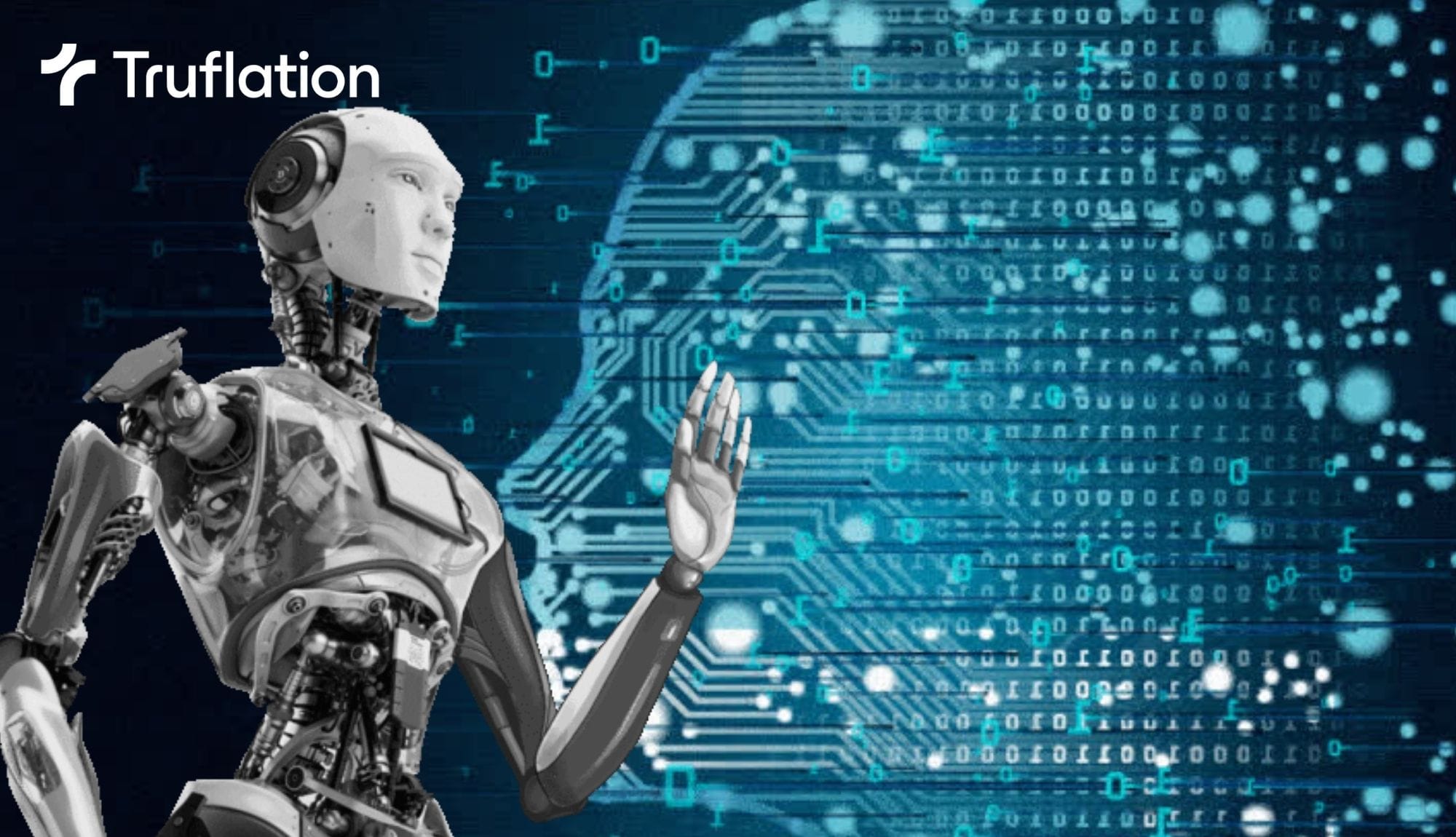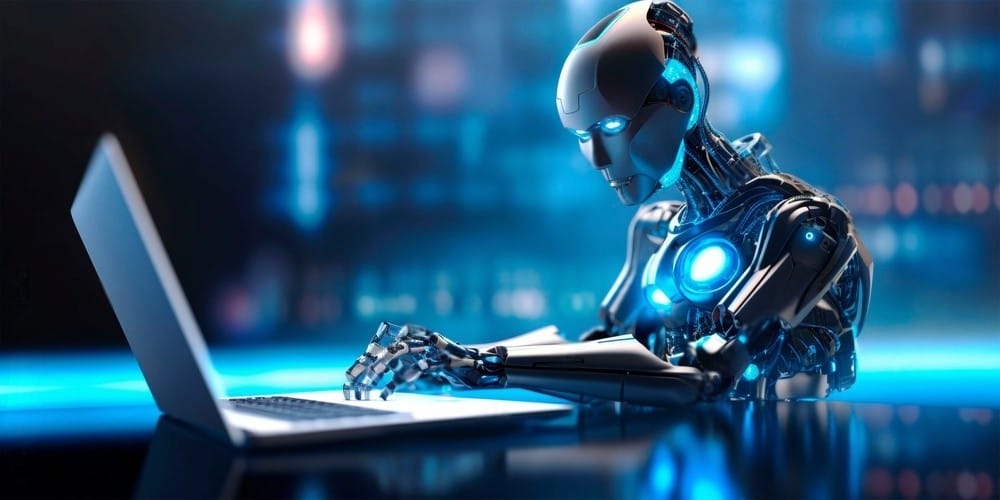
The Future of Real-World Asset Tokenization: How Artificial Intelligence Will Drive Transformation
Published 01 Mar, 2024
Convergence of Artificial Intelligence (AI) and blockchain technology is revolutionizing the way we perceive and interact with assets. One of the most promising applications of this synergy is the tokenization of real-world assets (RWA), a process that transforms physical assets into digital tokens on a blockchain. As AI continues to advance, its impact on RWA tokenization is poised to be profound, unlocking new opportunities and efficiencies across various sectors.
Enhanced Asset Valuation and Risk Management
AI-powered algorithms have demonstrated remarkable capabilities in analyzing vast datasets and extracting valuable insights. When applied to RWA tokenization, AI can significantly improve asset valuation by processing diverse data sources, including market trends, asset performance history, and economic indicators. By leveraging machine learning models, tokenization platforms can offer more accurate and dynamic pricing mechanisms, reducing valuation uncertainties and enhancing investor confidence.
READ Truflation Launches Electric Vehicle Commodity Index
Furthermore, AI-driven risk management tools can assess and mitigate potential risks associated with tokenized assets in real-time. Through continuous monitoring and predictive analytics, these systems can identify anomalies, detect emerging threats, and implement proactive measures to safeguard investors' interests, thereby fostering greater trust and stability in RWA token markets.
Streamlined Asset Digitization and Compliance
The process of tokenizing real-world assets involves complex legal and regulatory requirements, which can vary significantly across jurisdictions. AI-powered solutions streamline this process by automating compliance procedures and ensuring adherence to relevant laws and standards. Natural Language Processing (NLP) algorithms enable efficient parsing and interpretation of legal documents, while smart contract frameworks facilitate the execution of regulatory obligations encoded on the blockchain.
Additionally, AI-driven identity verification systems enhance the security and integrity of RWA tokenization platforms by accurately verifying the identities of participants and preventing fraudulent activities. By automating KYC (Know Your Customer) and AML (Anti-Money Laundering) procedures, these systems enable seamless onboarding of investors while maintaining compliance with regulatory frameworks.

Democratized Access to Investment Opportunities
One of the most significant advantages of RWA tokenization empowered by AI is the democratization of access to investment opportunities. By fractionalizing ownership and lowering entry barriers, tokenization platforms enable a broader range of investors to participate in previously illiquid markets, such as real estate, fine art, and private equity.
READ Truflation Launches Big Mac Index for US & UK
AI-driven recommendation engines personalize investment offerings based on investors' preferences, risk profiles, and financial goals, facilitating informed decision-making and portfolio diversification. Moreover, machine learning algorithms analyze transaction patterns and investor behavior to optimize asset allocation strategies and maximize returns, thereby democratizing wealth creation and financial inclusion.
Enhanced Liquidity and Market Efficiency
Traditional markets for real-world assets often suffer from liquidity constraints and inefficiencies due to lengthy settlement processes and limited trading hours. AI-driven liquidity management solutions address these challenges by providing continuous market-making services, matching buy and sell orders, and optimizing order execution algorithms.
Furthermore, predictive analytics models forecast supply and demand dynamics, anticipate market trends, and identify arbitrage opportunities, thereby enhancing market efficiency and reducing price volatility. As a result, tokenized assets become more liquid and tradable, attracting a broader investor base and stimulating secondary market activity.
The intersection of Artificial Intelligence and blockchain technology is reshaping the landscape of asset tokenization, particularly in the realm of real-world assets. By harnessing the power of AI, RWA tokenization platforms can unlock new levels of efficiency, transparency, and accessibility, revolutionizing how we perceive, trade, and invest in tangible assets. As these technologies continue to mature and converge, the potential for innovation and disruption in the financial industry is boundless, heralding a new era of digitized assets and decentralized finance.
Want to be part of the data revolution? Join our Telegram to always be in the loop!
Get Exclusive Insights
with our Weekly Newsletter